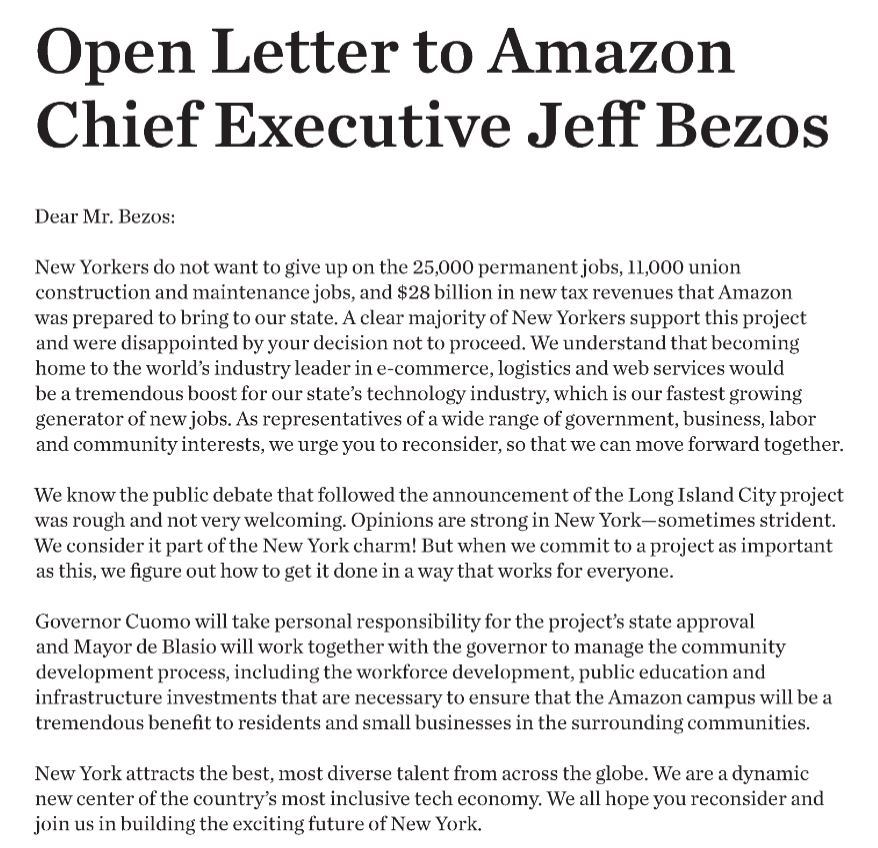Carlos Ghosn Responds to Charges
/The former CEO of Nissan, Carlos Ghosn, who has been arrested four times on charges related to financial misconduct, responded in a video message. The key point: “I’m innocent of all the charges.” Ghosn also claims that accusations are “all biased, taken out of context, twisted.”
Ghosn was a celebrated business executive in Japan. His success in growing Nissan is “incontrovertible,” according to a New York Times podcast. He gained a reputation as a serious cost-cutter ("Le Cost Killer"), a strategy that was questioned at the time but brought about great profits for the company, placing it second in the list of Japanese automakers behind Toyota and ahead of Honda. Ghosn was CEO from 2001 - 2017, when he became chairman. He was then removed from the board in 2018, after his first arrest.
Charges against Ghosn include using company funds for multiple personal residences, hiding about half of his compensation, shifting $16.6 million in person losses to the company, and other accounting issues.
Nissan management responded to Ghosn’s video message:
“The sole cause of this chain of events is the misconduct led by Ghosn and Kelly. Aside from any criminal matters, Nissan's internal investigation has uncovered substantial evidence of blatantly unethical conduct. This resulted in a unanimous board vote to discharge Ghosn and Kelly as chairman and representative director, followed by a shareholder vote to discharge them from the board. Further discoveries related to Ghosn’s misconduct continue to emerge. The company's focus remains on addressing weaknesses in governance that failed to prevent this misconduct.”
Discussion:
What persuasive communication strategies does Ghosn demonstrate in his video message?
What are the most and least convincing statements?
Assess his Ghosn’s delivery skills.
Which leadership character dimensions are illustrated by this situation?
















